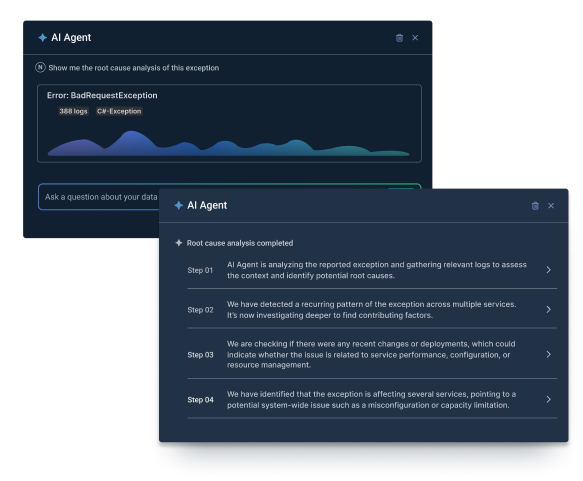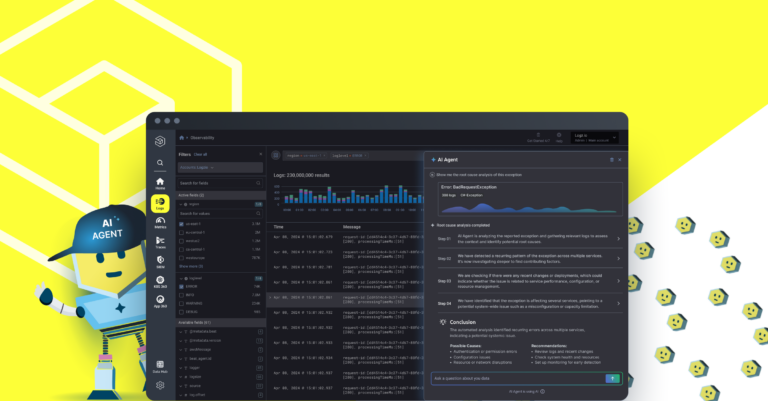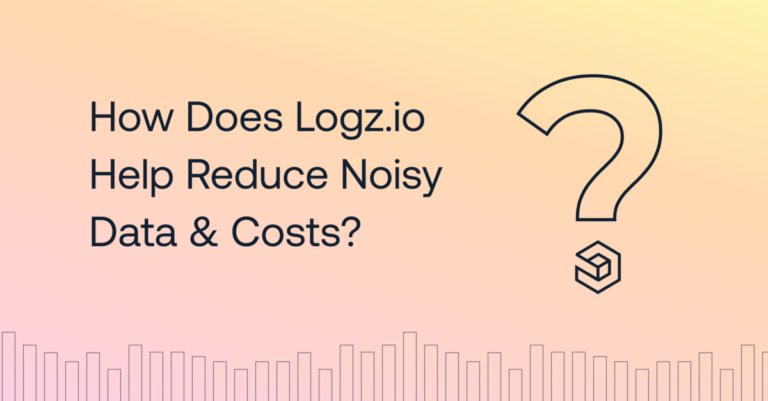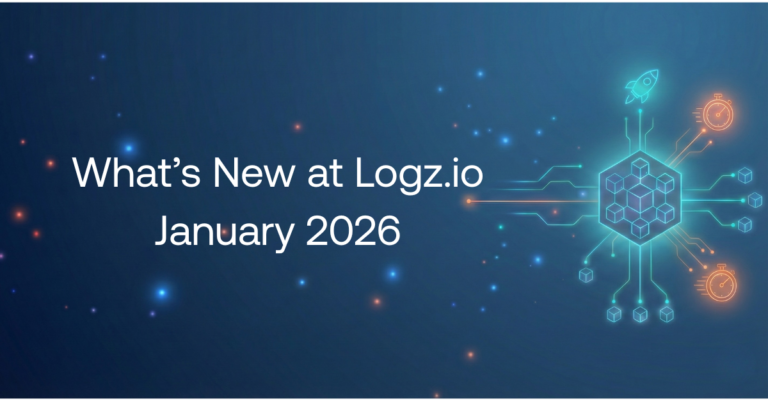Root Cause Analysis

Streamline troubleshooting and accelerate resolution by automating complex investigations

Immediately ID Impacts
Pinpoint the Causes
Action Detailed Conclusions
Gain Immediate Contextual Awareness
- Understand Impacts: Instantly surface the implications of a given issue to ensure conclusive investigation and response.
- Surface Dependencies: Fully understand the resulting effect of issues on the larger environment and related service interruptions.
- Communicate Details: Share the details of issues and analysis with other stakeholders to inform and coordinate response.


De-risk New Software Deployments
- Uncover Causes: Understand the root cause of emerging problems within specific deployments to enable required rollbacks.
- Pinpoint Timing: Identify exactly when issues were introduced to better understand every cause and effect.
- Chart Frequency: Precisely map the location and frequency of related impacts to ensure conclusive resolution.

Inform and Speed Resolution
- Enact Response: Use automated conclusions to immediately begin troubleshooting using recommended response actions.
- Dictate Actions: Translate AI recommendations into active methods and workflows to quickly engage resolution steps.
- Coordinate Efforts: Clearly and consistently communicate related impacts and actions across multiple teams and stakeholders.

Explore AI-Powered Root Cause Analysis
Logz.io AI Agent RCA FAQs
AI-powered root cause analysis (RCA) leverages machine learning and advanced algorithms to automatically sift through large volumes of data from logs, metrics, traces, and events. This process quickly identifies the underlying issues causing system disruptions, reducing manual investigation time.
AI-powered RCA continuously monitors your data sources, detecting anomalies and correlating events across complex environments. By analyzing patterns and historical trends, it pinpoints the exact cause of incidents, enabling faster and more accurate troubleshooting.
Compared to manual or rule-based methods, AI-powered RCA:
- Accelerates troubleshooting: Rapid identification of issues reduces mean time to resolution (MTTR).
- Improves accuracy: Machine learning models detect subtle patterns that might be overlooked manually.
- Enhances scalability: Automated analysis can manage data from large, complex environments without extra overhead.
- Reduces downtime: Early detection and precise diagnosis lead to quicker recovery and improved system reliability.
Accuracy depends on the quality and breadth of the data being analyzed. With a comprehensive data set—from logs and metrics to traces-AI-powered RCA can achieve high accuracy by continuously learning from your current data shown in Dashboards.
AI-powered RCA integrates multiple telemetry sources including:
- Logs: Detailed records of system events.
- Metrics: Quantitative measurements of system performance.
- Traces: Distributed trace data that maps service interactions.
- Events: Notifications from various system activities.
This holistic approach provides a complete view of your system’s behavior.
Yes, many AI-powered RCA solutions are designed to analyze data in near real-time. Logz.io’s unique approach to compression techniques enables us to use pattern recognition to identify recurring structures, improving anomaly detection, categorization, and correlation. Learn more about Logz.io advanced data compression techniques.
Any organization that relies on digital services, complex IT environments and deals with a large amount of data can benefit from AI-powered RCA. Industries such as finance, healthcare, e-commerce, technology, and telecommunications often see significant improvements in incident response times and system reliability.
AI-powered Root Cause Analysis (RCA) improves system reliability by leveraging machine learning models and pattern recognition to analyze large volumes of observability data-logs, metrics, and traces-in real time. It correlates anomalies, detects recurring failure patterns, and pinpoints contributing factors with high accuracy. By automating root cause identification, it reduces mean time to resolution (MTTR), prevents cascading failures, and enables proactive issue mitigation. This minimizes manual debugging effort, reduces false positives, and ensures system stability by addressing issues at their source before they escalate.







